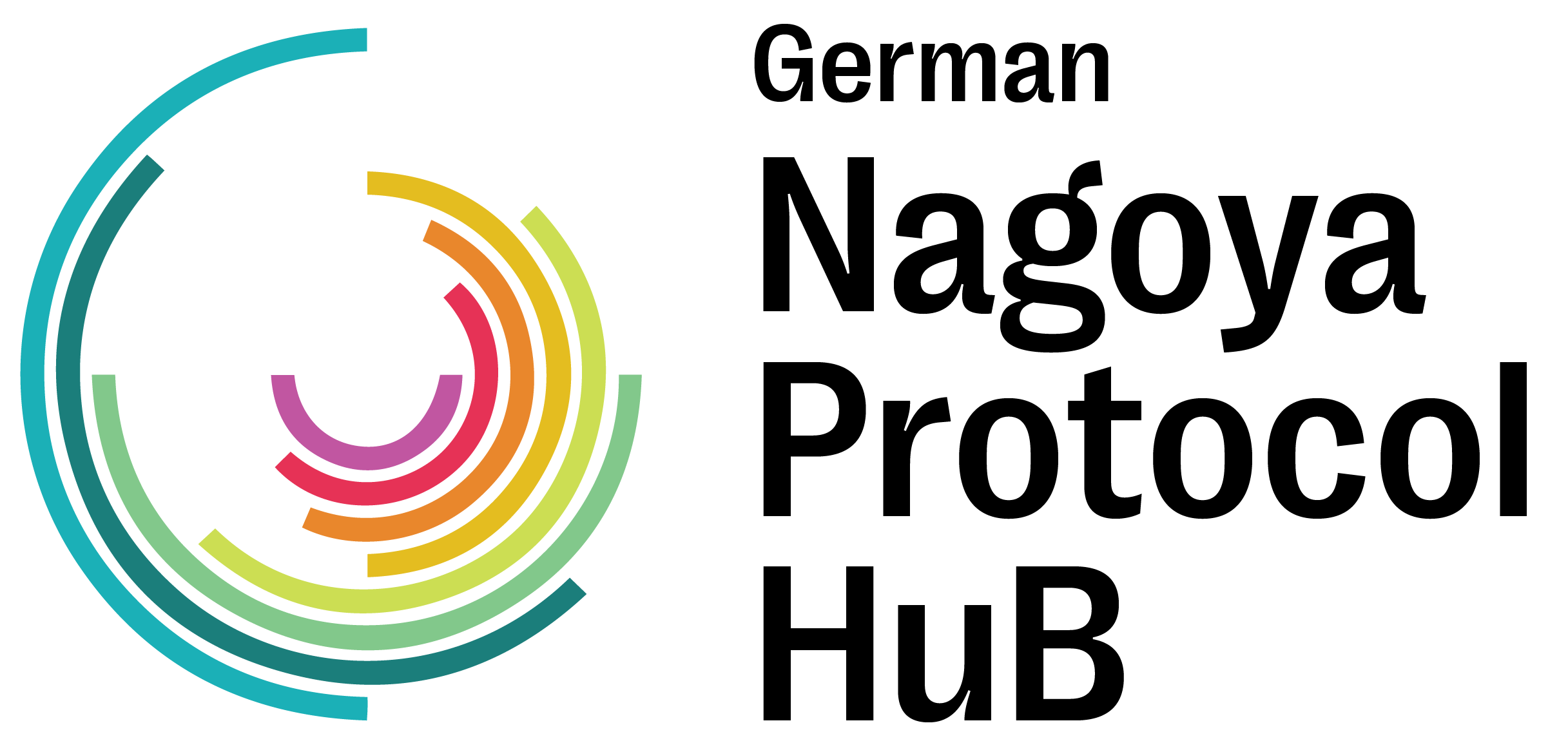ABS stories
Learning from experience: Spain
Institution: A museum/collection in Germany
Biological material: Animal (Birds)
Research field: Conservation biology, genetics, taxonomy, zoology
Research: Basic, non-commercial
Focus: Within species diversification of snow finches was analyzed with the aim of identifying distinct genetic lineages, e.g. previously unidentified taxonomic units. For this purpose, sequence data were generated. This research was conducted together with partners from the European Snowfinch Group. Because high-alpine species are highly sensitive to climate-change, the project had a conservation focus.
Collaboration partners: The collaboration partners included the German museum (non-commercial research institute) and a Spanish university.
Getting the material: The material was collected by a cooperation partner from a Spanish university.
Funding: Deutsche Forschungsgemeinschaft (DFG)
Funding period: 2018–2021
Photo: M. del Mar Delgado
Photo: M. del Mar Delgado
ABS Process
Time needed for first response from the National Focal Point: Less than 1 week
Amount of time invested full time in the process: 2 weeks
ABS documents needed: none required
A representative from the Spanish university gave a talk on the proposed research for the Ministerio para la Transición Ecológica in Madrid. The Spanish partner was advised by the National Focal Point (NFP) to consult the official national regulations of Spain and inform themselves about ABS.
After reviewing the information available in the ABS Clearing House, the lead researcher from the German institute contacted the NFP to ask for detailed advice on the application of ABS. A copy of the research proposal was provided. Based on this information, it was advised that the exclusive use of the Spanish birds for taxonomic purposes, as defined in the applicable regulations, would fall outside the scope of the Spanish ABS law. Official confirmation was not provided that ABS did not apply in this case, i.e. the researchers only have copies of the relevant correspondence.

Photo: M. del Mar Delgado

Photo: M. del Mar Delgado
Benefit-sharing
A benefit-sharing agreement was not required. However, according to good scientific practice the German, the partners informally agreed to:
- Share results and data
- Jointly publish all the results of the genetic analyses in an international journal
- Jointly prepare a research proposal for a follow-up pan-European study to be funded by the Spanish Ministerio de Ciencia y de Investigación (submitted in December 2020)
Advice for other researchers obtaining biological material from Spain
![]()
Check whether ABS potentially applies to your work, even if you are doing non-commercial work. In this case, the proposed taxonomic analyses were not covered by the relevant ABS law but other nature conservation laws applied.
![]()
Keep a copy of any relevant correspondence with the Spanish authorities in case the German Federal Agency for Nature Conservation conducts a user check at your organization.

Read the information about the Spanish ABS laws and regulations in the ABS Clearing House carefully before contacting the NFP for advice.
![]()
Be transparent about your proposed research with the authorities in Spain. If you need to contact the NFP, provide detailed information about your proposed research so that they understand what you want to do.






